How to Build Wealth: Insights from Naval Ravikant
Wealth is often misunderstood as merely the accumulation of money, but true wealth is about freedom—the ability to control your time and life. Naval Ravikant, in The Almanack of Naval Ravikant, outlines a clear path to achieving this freedom. At its core, wealth is built on principles like ownership, leverage, and specific knowledge.
Wealth vs. Status
Wealth consists of assets that provide financial security and independence, such as owning shares, businesses, or property. Status, on the other hand, is tied to social standing and recognition. Chasing status is a zero-sum game while building wealth creates a foundation for long-term freedom and security. Focus on acquiring and managing assets that will generate returns while you sleep.
Ownership: The Key to Freedom
True freedom comes from owning equity—whether it's in a business, real estate, or other appreciating assets. Unlike renting your time in exchange for money, owning equity allows you to build something that can grow without constant effort. At TRG, we help clients invest in diverse portfolios composed of equities, property, bonds, and other assets that fit within their specific risk tolerance levels. This way, clients not only own a portion of various businesses and properties but also benefit from carefully managed growth designed to secure their financial future.
Play the Long Game
Naval emphasizes the importance of compounding returns—this is a core idea in wealth building. Wealth isn’t made overnight but through strategic, long-term decisions. Compounding works best when you are patient, disciplined, and committed to growth over time. The small, consistent gains in your investments can lead to exponential results over the years.
Leverage: Amplify Your Efforts
Leverage is a powerful tool that multiplies your efforts. This can come in the form of capital, technology, or people. For instance, you can leverage your knowledge to create products that earn revenue even when you're not actively working. Using leverage in business or investments allows you to increase your impact and potential returns far beyond what you could achieve on your own.
Specific Knowledge: Your Unique Advantage
Specific knowledge, as Naval describes it, is knowledge that cannot be easily replicated or outsourced. It’s the kind of expertise that you gain through experience, passion, and continuous learning. Building wealth often means identifying areas where you have specific knowledge and leveraging that knowledge to create value. This could be in a niche market or a specialized skill set, but it’s this deep expertise that can set you apart and lead to outsized financial rewards.
Accountability: Own Your Results
Taking responsibility for your decisions is fundamental in wealth-building. As Naval suggests, society rewards those who take on responsibility and accountability. When you own your successes and failures, you build a reputation of trustworthiness and reliability. This, in turn, attracts more opportunities and partnerships, further contributing to your wealth.
Focus on Mastery, Not Hacks
Building wealth isn’t about shortcuts or quick wins. It’s about consistently refining your skills, mastering your domain, and playing the long game. There’s no single “hack” for getting rich, but there is a proven formula: work hard on something you care about, leverage your knowledge, and let time compound your efforts.
Final Thoughts: Wealth is Freedom
Ultimately, wealth is about the freedom to do what you want with your time. By focusing on long-term strategies, acquiring ownership, and using leverage, you can achieve financial independence. These principles are at the heart of wealth-building, guiding you toward a life where you control your time, and money works for you.
At TRG Private Wealth, we believe in these core principles and help our clients apply them to their financial strategies. Building wealth is a long-term process, and with the right guidance, it’s achievable for anyone.
Adapted from The Almanack of Naval Ravikant.



